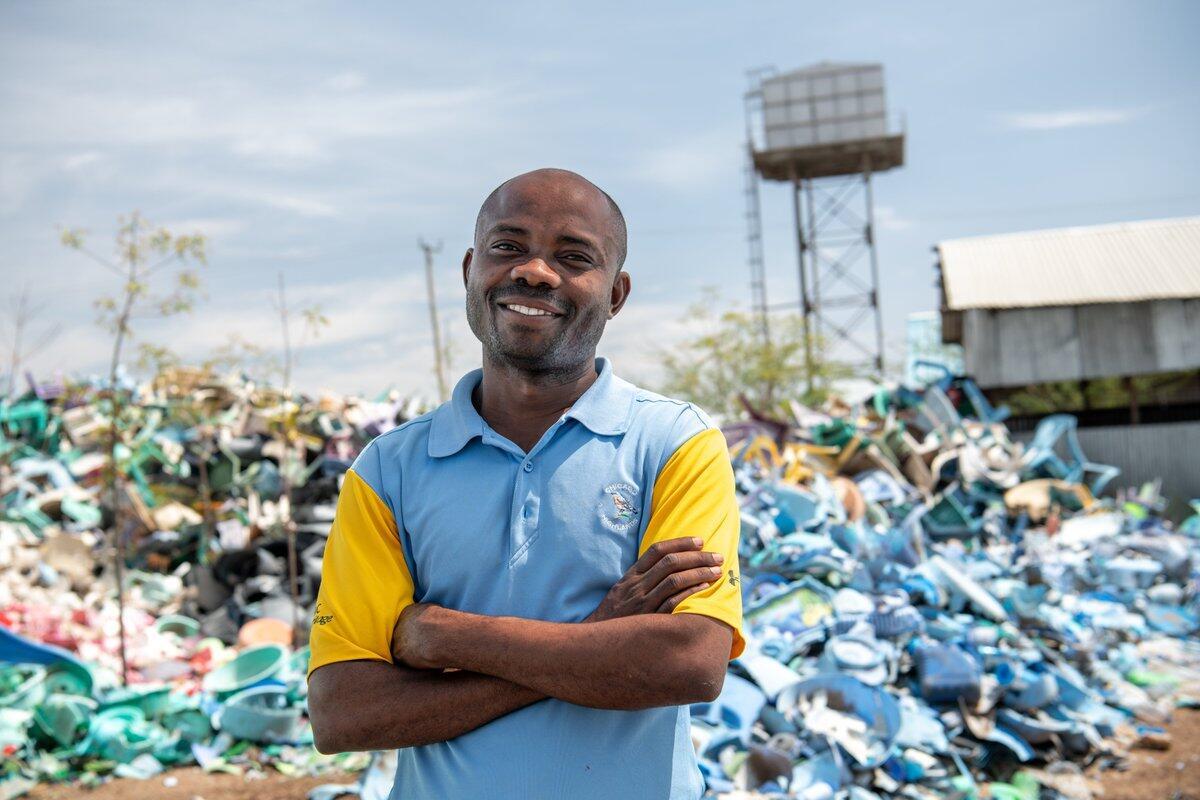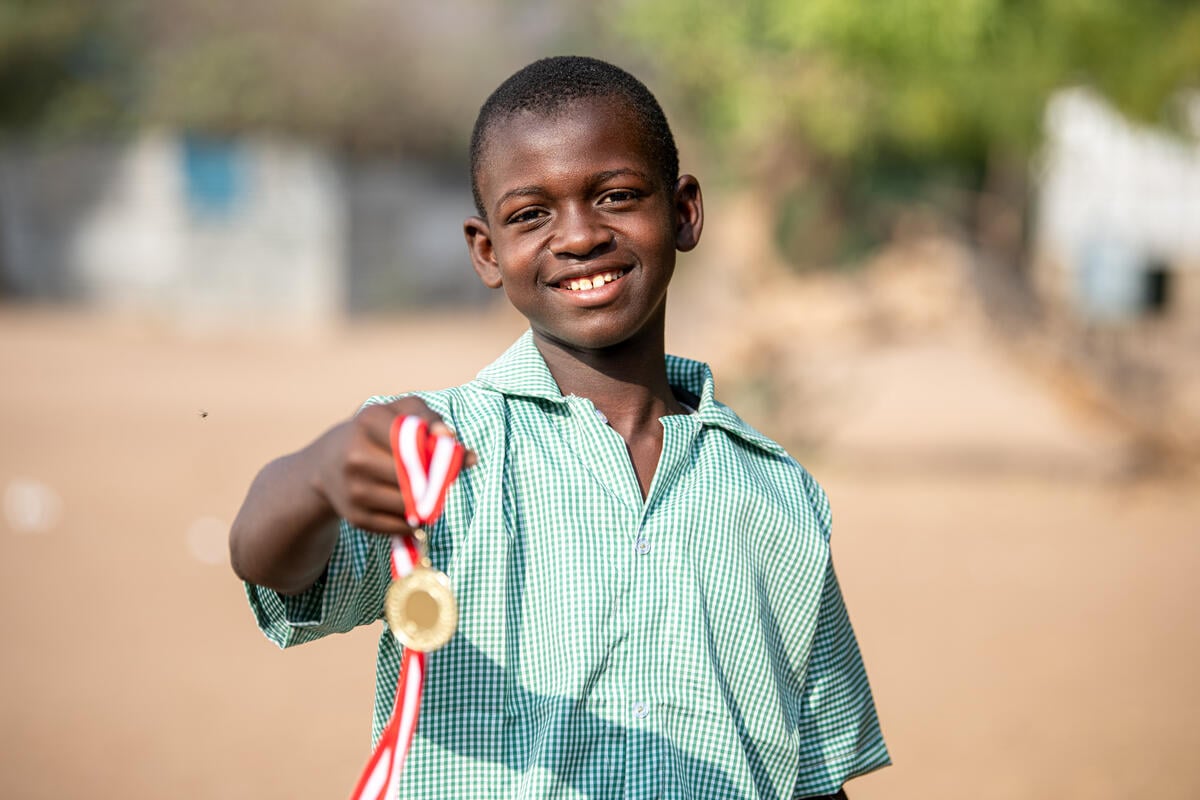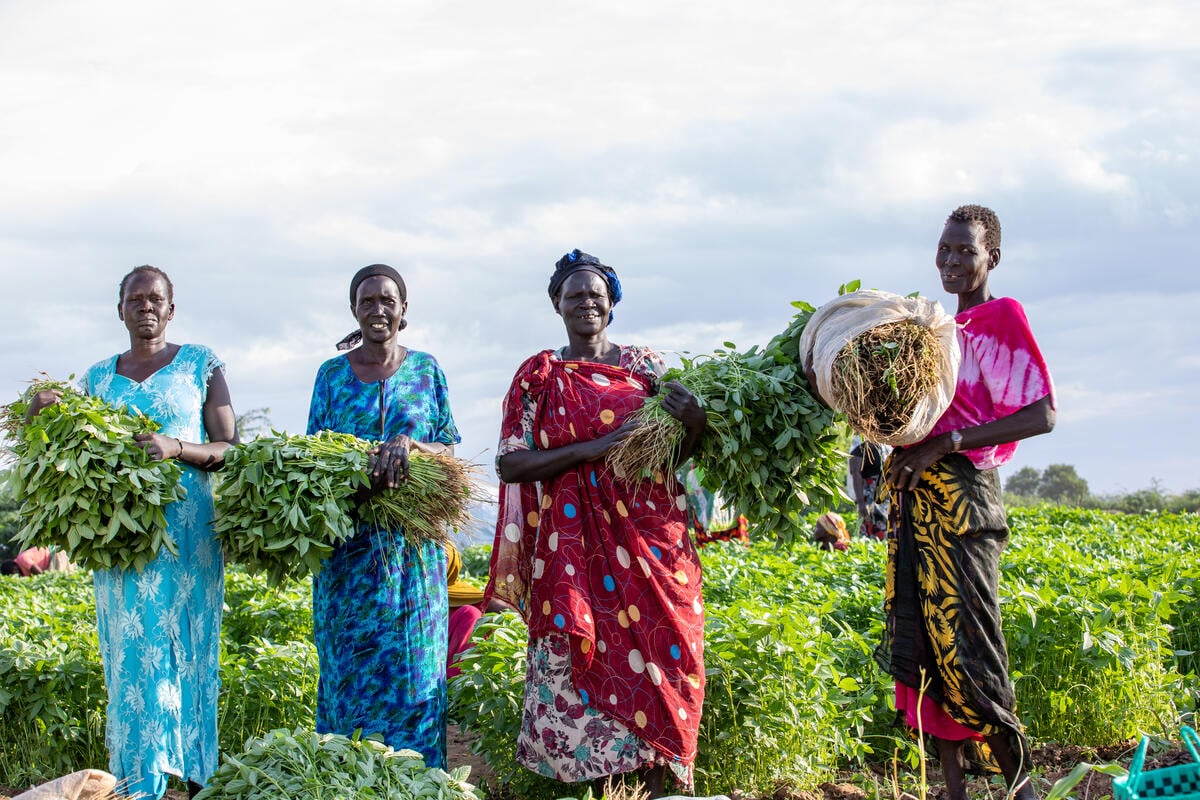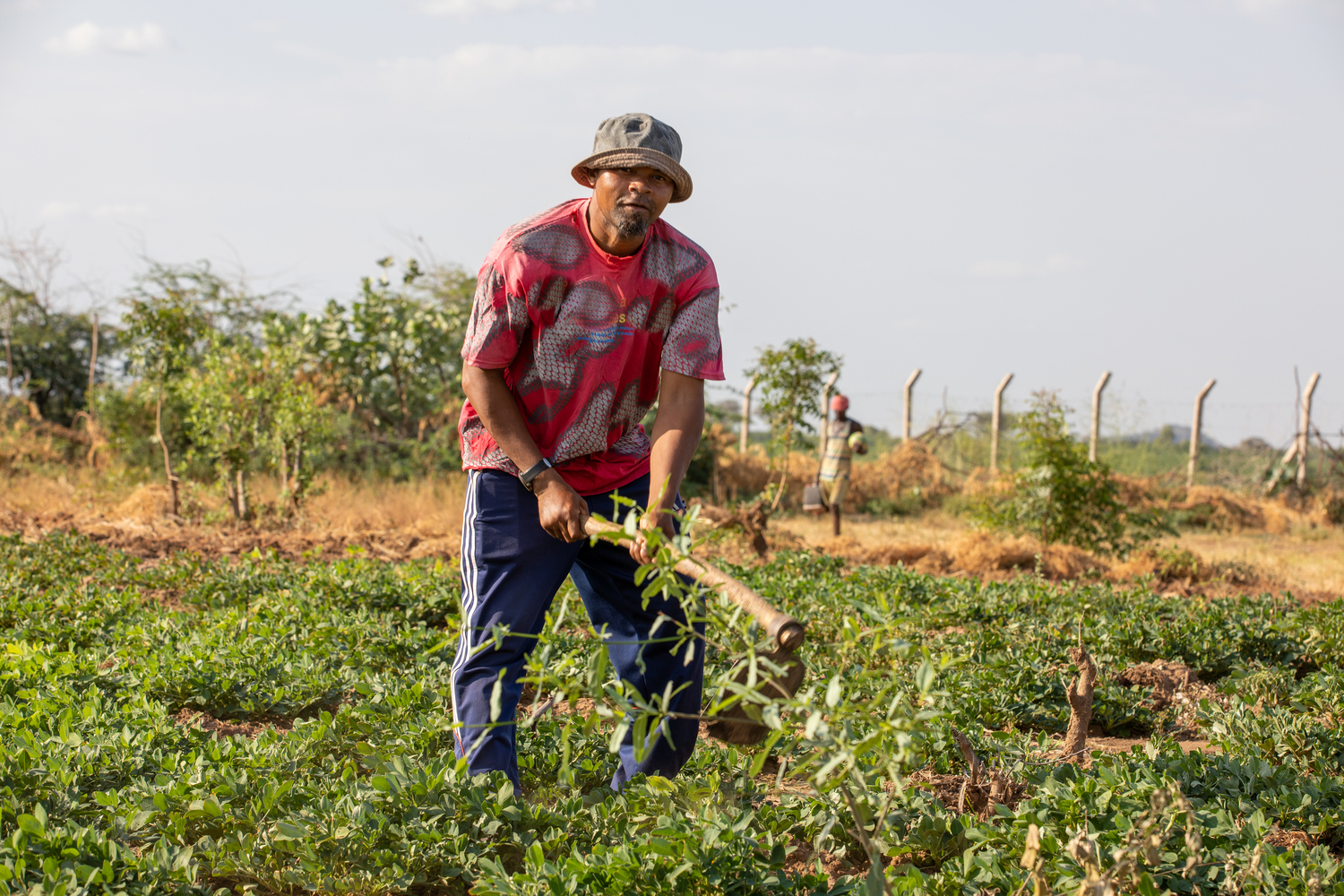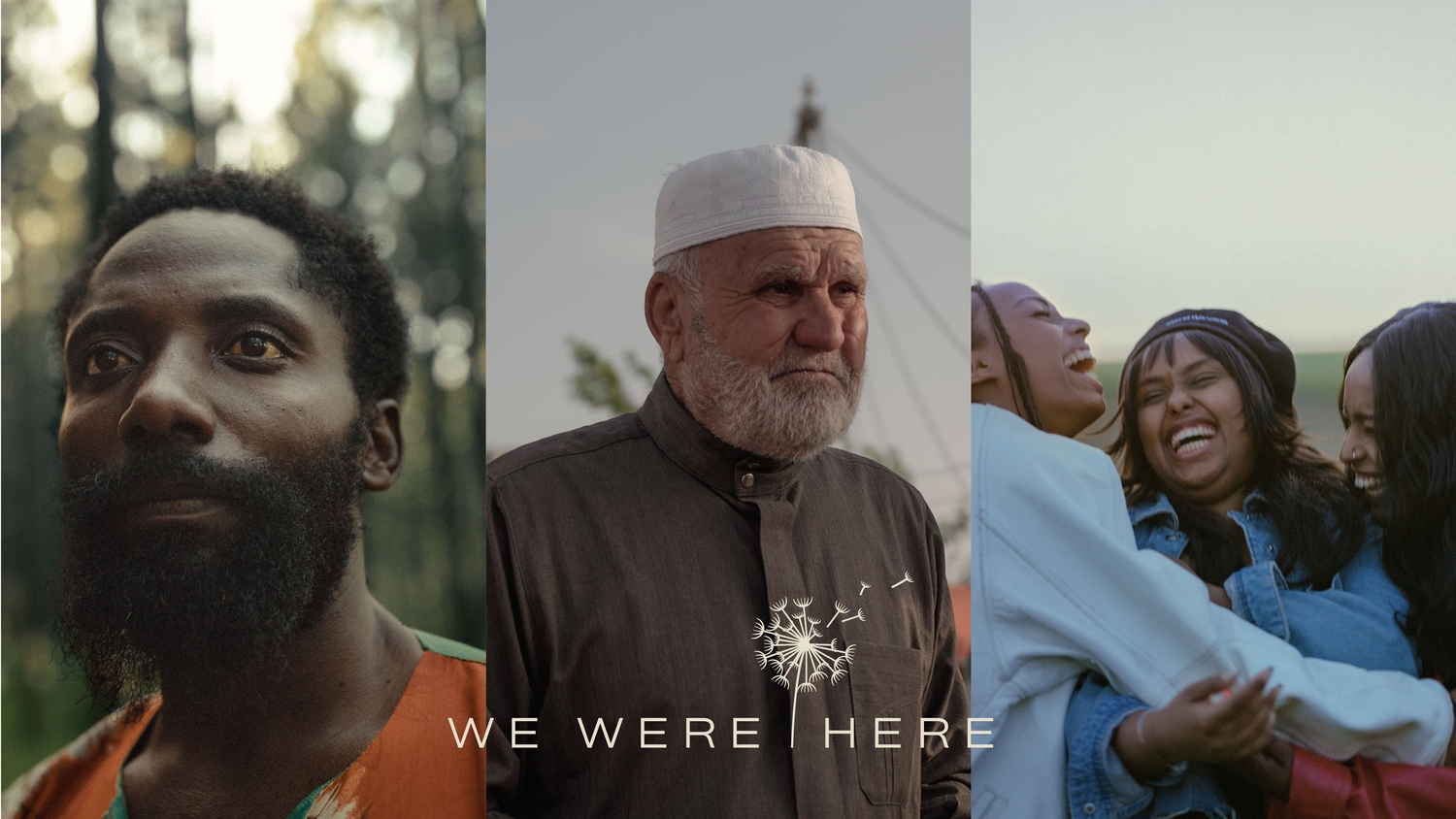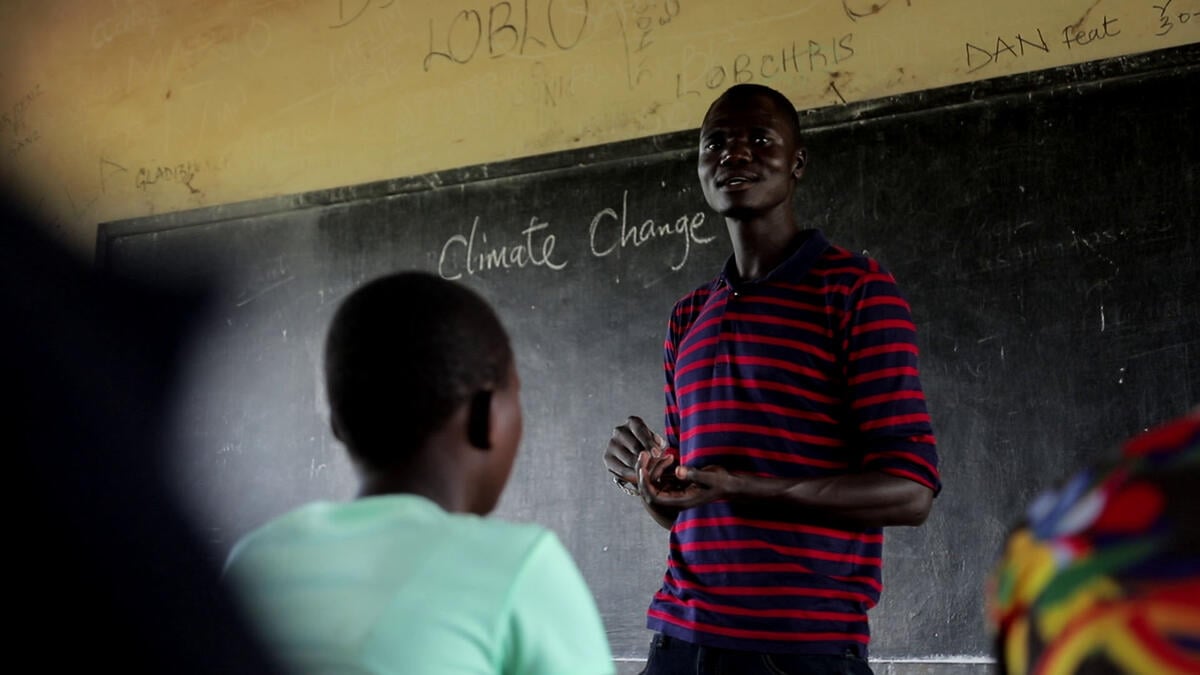Kenyan refugees in Uganda
Kenyan refugees in Uganda
Meanwhile in neighbouring Uganda, UNHCR - together with the Ugandan authorities - is gearing up to relocate recently-arrived Kenyan refugees away from the border areas.
Starting tomorrow (Wednesday), we plan to move in the next five days up to 6,000 Kenyan refugees from three border locations - Malaba, Busia and Lwakhakha - to Mulanda transit centre some 35 kilometres inside Uganda.
According to the Ugandan local authorities, there are presently more than 6,500 Kenyan refugees in Uganda. Most of them are staying with the local population. Some of the Kenyan refugees are also accommodated in schools in Busia and Malaba. There are no reports of large-scale new arrivals from Kenya since Sunday.
Our five-member team at the border, together with the district authorities, is meeting today with the Kenyan refugees and informing them about the possibility of voluntary relocation to Mulanda transit centre, where accommodation, assistance and services will be provided. Once the relocation is completed, we plan to conduct a registration of Kenyan refugees.
Works are ongoing at the Mulanda transit centre in order to increase reception capacities. We have moved 500 tents to Mulanda that will shelter newly arrived Kenyan refugees. UNHCR is also equipping the already existing Mulanda health centre with additional supplies and staff. Other partners and the Ugandan Red Cross are working on water and sanitation respectively, as well as on providing food, mattresses, stoves and kitchen sets.
Kenyan refugees will be hosted at Mulanda transit centre for several weeks. The length of their stay there will depend on developments in Kenya. In case the situation will not allow for voluntary repatriation to Kenya in the foreseeable future, refugees will be offered the possibility to move to the established refugee settlements in western Uganda, where they can receive adequate accommodation and assistance on a long term basis.
Uganda presently hosts more than 216,000 refugees mostly from the neighbouring Sudan, the Democratic Republic of the Congo and Rwanda. The country is also coping with 850,000 internally displaced persons (IDPs), one of the largest IDP populations globally.


